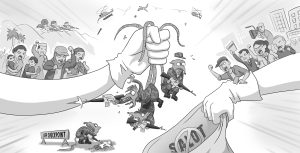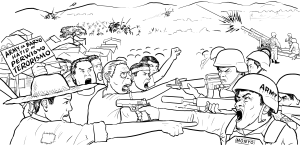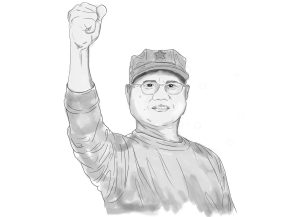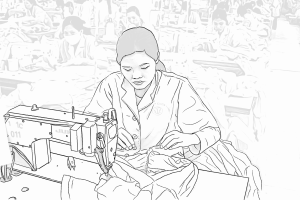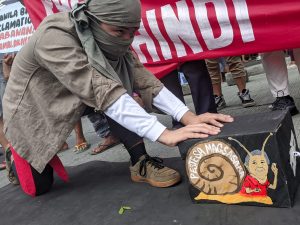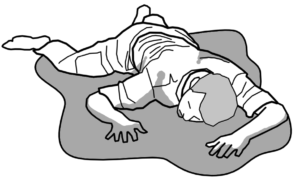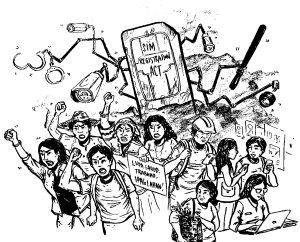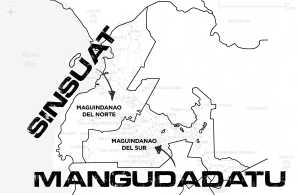Modern Family Code: Protecting every Cuban

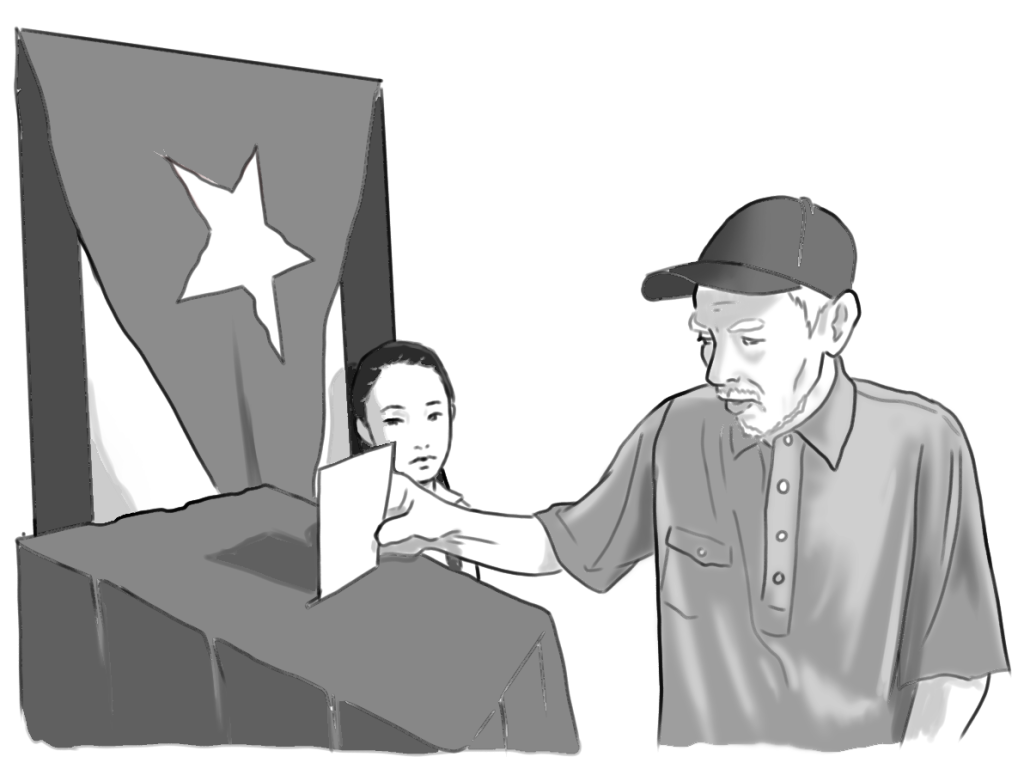
Cuba’s new family code is unique. The country considers it as the most inclusive, progressive and revolutionary code worldwide. It ensures further recognition of the rights of women, LGBT (lesbian, gay, bisexual and transgender), children, adults, and people with disabilities. The code was amended in relation to the ratification of a new Cuban Constitution in 2019.
On the day of the referendum last September 25, Cubans voted in favor of the amended Code. Of the total number of registered voters in Cuba and outside the country, 74.01% participated in the democratic process. Of the more than 5.89 million counted ballots, 3.94 million or nearly 66.87% voted in its favor.
The process of formulation, consultation, inclusion of amendments prior the referendum lasted 14 months. Unlike in other countries, Cuba ensured that the code is reflective of the people’s views and practicable. To improve the document, the state conducted a massive education campaign and consultation. It held 79,000 mass meetings attended by 6.49 million individuals. The government received at least 430,000 suggestions from them.
Various associations and mass organizations celebrated this success. According to Cuban President Miguel Díaz-Canel, the state “owes” this to millions of Cubans who have long waited for such a law. “From this day on, our country will be better (because of it),” he said.
Protecting the rights of every Cuban
The new 63-page Code has 11 titles, 474 articles, five transitional provisions and 44 final provisions.
It recognizes the equal right of anyone to marriage and adoption, regardless of their sexual orientation. It ensures the right of anyone to build a family without discrimination. The law also introduces prenuptial agreements and assisted reproduction.
The country formally recognized the right of expanded and non-traditional family structures, including the rights of grandparents, step parents and surrogates.
The law promotes the equal sharing of domestic responsibilities between couples. It extends labor rights to those who care full-time for children, elderly or people with disabilities and thus entitles them to wages or other forms of compensation.
The law adopted the punishment of domestic violence. Family violence can be verbal, physical, psychological, moral, sexual, economic or patrimonial, negligence and neglect, whether by action or omission, direct or indirect.
The law promotes a comprehensive policy to address gender-based violence. It establishes the right of a family life to be free from violence; that values love, affection, solidarity and responsibility.
The code forbids child marriage. Violating parties will face severe punishment. The code made it clear that parents would no longer have “authority,” rather “responsibility” to their children. Parents should also respect the “dignity and physical and mental integrity of children and adolescents.” Maturing children should also be granted greater autonomy over their own lives.
The law has provisions that guarantee the protection of the elderly to avoid social exclusion. Likewise, it ensures that people with disabilities enjoy the care they need. It will establish institutions that will care for them and ensure their integration with their families and society.
The law established the office of the family ombudsman, an institution assigned to protect, guarantee, and enforce these when the rights of vulnerable sectors are violated within the family.

